Bernard Haitink, 1929-2021
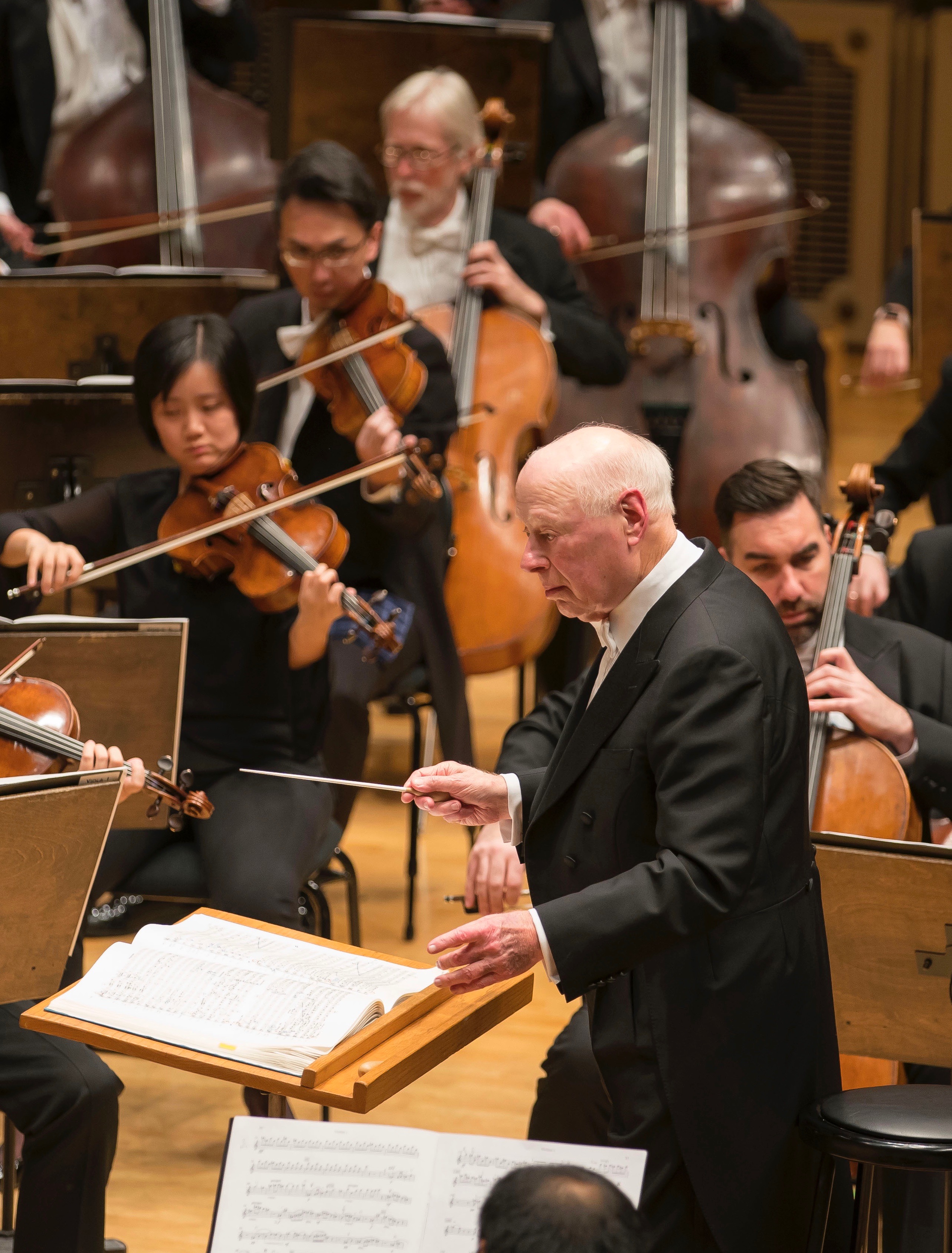
Bernard Haitink passed away Thursday at his home in London, aged 92. The news came as no surprise to most due to his age and fragile health in recent years.
Haitink is most renowned locally, of course, for his four-year term as principal conductor of the Chicago Symphony Orchestra from 2006-2010, a bridging interregnum that provided artistic stability between the Daniel Barenboim and Riccardo Muti eras.
In a released statement, Muti said “The Chicago Symphony Orchestra, the Chicago Symphony Chorus, I and the entire CSOA family mourn the passing of Maestro Bernard Haitink, one of the greatest conductors, artists and musicians, who has given so much to the history of musical interpretation. His loss leaves an immense void in the world of music, and his extraordinary collaboration with the Chicago Symphony Orchestra will long remain in the history of this great institution.”
The Dutch conductor enjoyed a remarkable international career. Upon the sudden death of Eduard van Beinum while rehearsing Brahms’ Symphony No. 1 in 1959, Haitink was named first conductor of the Royal Concertgebouw Orchestra (then just Concertgebouw Orchestra). Two years later he became principal conductor at age 32.
Over his 27-year tenure leading the Concertgebouw, Haitink’s prolific recording spread the fame and reputation of not only the Amsterdam orchestra—acknowledged as one of the top three symphonic ensembles in the world—but of its young and ambitious conductor. When he left the Concertgebouw in 1988, Haitink stepped up an already active international career, and continued to lead some of the world’s most storied and high-profile music organizations for the rest of his life.
Among his posts were music director of the Royal Opera House Covent Garden and Glyndebourne Festival; principal guest conductor and later conductor emeritus of the Boston Symphony Orchestra; principal conductor of the London Philharmonic and the Staatskapelle Dresden; conductor laureate of the European Union Youth Orchestra; and honorary member of the Chamber Orchestra of Europe, the Berlin Philharmonic and the Vienna Philharmonic. It was with the last orchestra that he led his final concert in September 2019.
It was a remarkable coup by CSO management to persuade Haitink to become principal conductor of the CSO in 2006 at a time when musician morale needed a boost, along with flagging subscriptions, in the wake of the long and artistically uneven 15-year tenure of Daniel Barenboim.
Haitink first conducted the CSO in 1967, returning in 1997 and early 2006. That fall he took up his post as principal conductor and over the next few seasons restored corporate luster and keep the performance quality high while the orchestra searched for a new music director.
For Haitink the score was alpha and omega, and everything he did in rehearsal and performance stemmed from that. Few conductors of the 20th and 21st centuries so completely eschewed the celebrity, public adoration and glitzy trappings of the music business. He rarely smiled even when acknowledging thunderous applause, traveled with no retinue of hangers-on and almost never did press interviews. All attention and business was concentrated on the score, detailed rehearsals and the music-making.
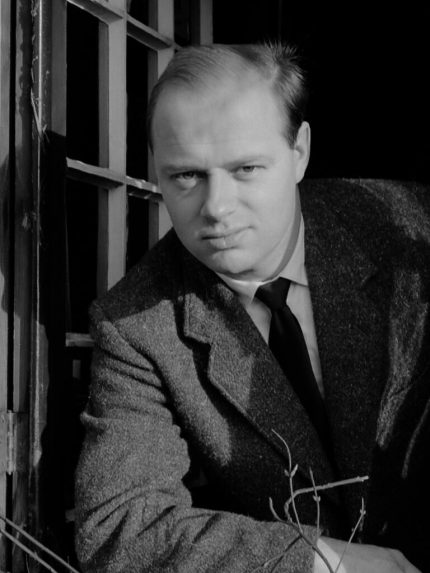
Haitink’s core repertoire was centered on the Austro-German canon: Beethoven, Brahms, Mozart, Bruckner, Mahler and Strauss all of which he recorded and, in most instances, more than once. He rarely programmed contemporary music or much of anything from the second half of the 20th century, Shostakovich excepted.
Yet within those boundaries he brought an uncanny ear for meticulous balancing and transparency—qualities superbly captured in Haitink’s many recordings but especially striking when experienced live. Even in the most thunderous fortissimos one could hear every minute contrapuntal strand and instrumental timbre of the orchestra.
Pierre Boulez also obtained great clarity in performances but Haitink did it without the Frenchman’s icy distancing and intellectual chill. No one would accuse Haitink of being a heart-on-sleeve musician but his best performances communicated an Old World richness and tonal warmth. More than anything else, his music-making always manifested a rock-like artistic integrity.
Haitink’s objectivist style and refusal to insert himself into the music would occasionally make for well-groomed but stolid performances—especially in, say, Mahler where the music can benefit from a bit of wildness and uncurbed enthusiasm.
And yet Haitink’s sobriety of approach often found a weight and expressive depth in music few would have dreamed possible—like some of the lesser Shostakovich symphonies or the complete tone poems of Liszt.
His discography (for Philips, Decca and EMI) was vast and varied, an essential part of every self-respecting collection. In addition to the complete symphonies of the composers mentioned above, one especially prizes his remarkable Debussy recordings with the Concertgebouw—refined, lucid and with an unforced expression that makes the music speak with simplicity and eloquence.
His recordings on the CSO Resound label included Bruckner’s Seventh Symphony, three Mahler symphonies, (1, 2 and 6) Strauss’s Heldenleben, Ravel’s complete Daphnis et Chloe and a Grammy-winning recording of Shostakovich’s Symphony No. 4.
Chicago Classical Review was not extant for most of Haitink’s tenure as principal conductor (though a 2008 concert of Haitink leading Mahler’s Second Symphony played a part in the decision to launch CCR).
After Riccardo Muti took the reins of the CSO in 2011, Haitink continued to return to Chicago, although gradually less frequently. Yet those years continued to bring many memorable nights. One thinks, especially, of a Bruckner Fourth and a Mahler Fourth and Ninth. In the latter two instances, even a soprano who missed her cue in the finale and some maladroit playing from the orchestra’s former principal horn, couldn’t damage the richness, insight and overall impact of the performances.
At the conclusion of what would be his final CSO appearance in October of 2018, Haitink lost his balance stepping off the podium and took a nasty fall, which looked worse than it turned out to be. But what remains in the memory more than the frail conductor’s mishap is the majestic and thrilling performance of Bruckner’s Sixth Symphony that preceded it.
The lifetime of insight and youthful vitality of that Bruckner performance serendipitously serves as an effective coda to Haitink’s partnership with the CSO. And the memory of that and so many other outstanding performances led by Haitink will continue to evoke a myriad of grateful individual homages, from musicians and audience members alike, to one of the towering podium artists of the past century.
Posted in News
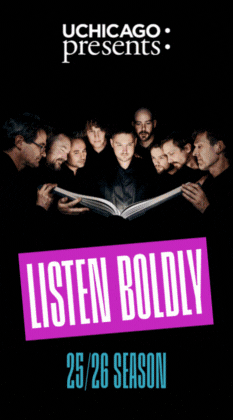
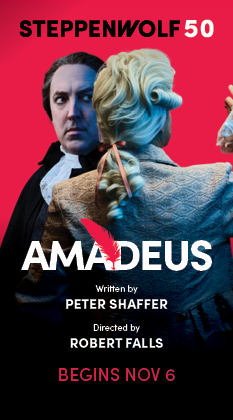
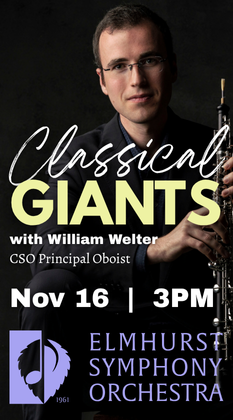
Posted Oct 23, 2021 at 3:40 pm by Chris Vinyard
Larry, a nicely done piece. Much better than NY Times. Thanks. Chris
Posted Nov 19, 2021 at 12:31 pm by Ryan D
Embarrassed to say that I only saw that Haitink died a month after the fact.
I saw the Mahler 7 he conducted in April 2015. It’s a true rarity, a really knotty score, and it’s probably the least-performed of the Mahler symphonies (outside the 8th). It was one of the best performances I’ve ever been too–you could tell how much the CSO musicians respected him.
I also had the good fortune of seeing that Mahler 7 in open rehearsal too. Haitink only stopped the band once during the entire rehearsal–I think it was in the fourth movement–to tell the trombones they were too loud!